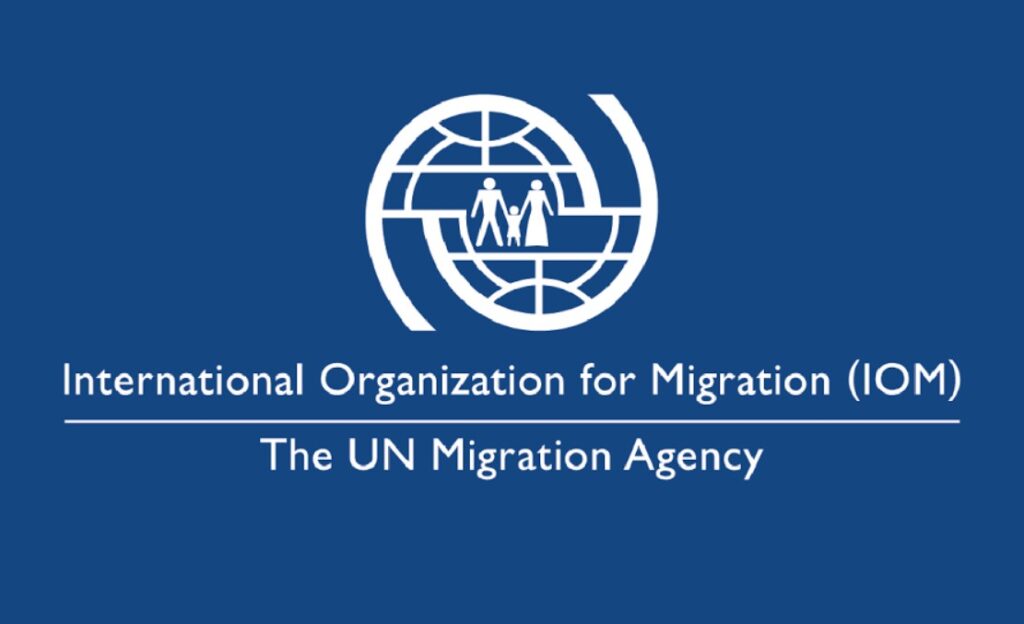15/02/2024
15/02/2024

KUWAIT CITY, Feb 15: Director General of the General Department of Training at the Ministry of Interior Brigadier General Abdul Qader Ahmed Al-Shaaban has stressed the importance of the role of the International Organization for Migration in preserving the rights of expatriate workers. He said this in a press statement issued on the sidelines of the conclusion of a five-day training course titled “Criminal and electronic investigations into cases of trafficking in persons and smuggling of migrants” organized by the International Organization for Migration (IOM) - the United Nations migration agency in Kuwait - in partnership with the Ministry of Interior.
Brigadier General Al-Shaaban highlighted the establishment of the organization’s office in the State of Kuwait in 1991 and Kuwait’s accession as an active member to IOM in 2017. He revealed that Kuwait hosts about 60 to 70 percent of expatriate contractual workers of various nationalities on its soil. Brigadier General Al-Shaaban affirmed the keenness of the General Department of Training in the Ministry of Interior to organize workshops and training courses with the concerned local and international authorities for officers of various ranks in the Ministry of Interior to acquaint them accurately with the rights of expatriate workers and their duties towards them.
He explained that the training course organized by the General Department of Training at the Ministry of Interior, with the cooperation of the United Nations Migration Organization in Kuwait, took place during the period from February 11 to 15. It was aimed to enhance the capabilities of police officers in confronting the crime of human trafficking. A total of 30 officers of the Ministry of Interior from various departments participated. Brigadier General Al-Shaaban recalled the efforts of the late Amir of Kuwait Sheikh Sabah Al-Ahmad Al- Jaber Al-Sabah - the Humanitarian Leader, his prominent international role in preserving the dignity of everyone living on the land of Kuwait, and his emphasis on treating expatriates well, preserving their rights and duties, and allowing them to work comfortably within the country. He concluded by revealing that several more training courses and events will be held for national cadres in the ministry in parallel with the developments occurring in the labor and immigration laws in the State of Kuwait.
Meanwhile, Head of the IOM’s mission in Kuwait Mazen Abu Al- Hassan said, “Preventing human trafficking, protecting and assisting victims, and prosecuting perpetrators are essential elements for combating human trafficking”. In a speech he delivered after the session, he stressed that IOM is proud of its long-term partnership with the Ministry of Interior through a series of workshops conducted in cooperation with the ministry over the years.” Abu Al-Hassan explained that the topics covered during the training included indicators for identifying cases of human trafficking, national legislation related to human trafficking and international agreements, using information technology for investigating cases of human trafficking, identifying symptoms associated with psychological trauma for victims of trafficking, and establishing strategies for conducting interviews with victims and suspects. The United Nations Sustainable Development Goals call for immediate and effective measures to eliminate forced labor, modern slavery, and human trafficking.
The training course is part of the efforts undertaken by the State of Kuwait in its various ministries and institutions, such as the Ministry of Foreign Affairs, the Ministry of Interior, the Ministry of Justice, the Public Authority for Manpower, and the permanent national committee concerned with implementing the national strategy to prevent human trafficking and smuggling of migrants. Abu Al-Hassan concluded by highlighting the efforts exerted by Kuwait to combat the crime of human trafficking, including the issuance of law No. 91/2013 regarding combating human trafficking and smuggling of migrants, establishing a center to accommodate expatriate workers, and forming the permanent national committee concerned with implementing the national strategy to prevent human trafficking and smuggling of migrants.
By Inaas Awadh
Al-Seyassah/Arab Times Staff


